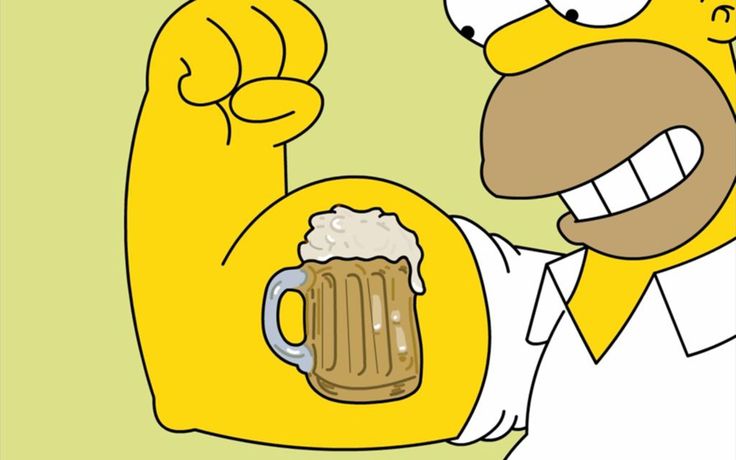geetee
Landlord.
Bigcol49
We should challenge All of the long held axioms of home brewing and many do. It's only by trying different things that we find what works but may also find that some are true. The good thing is you can usually drink all of them so nothing lost by experimenting.
We should challenge All of the long held axioms of home brewing and many do. It's only by trying different things that we find what works but may also find that some are true. The good thing is you can usually drink all of them so nothing lost by experimenting.






![BREWING THERMOMETER STICKERS ACCURATELY MONITOR FERMENTING BEER & WINE LIQUID TEMPERATURES 5PCS HOME BREW SPIRITS WINE LCD ADHESIVE [US]](https://m.media-amazon.com/images/I/311DDjo2X3L._SL500_.jpg)




































